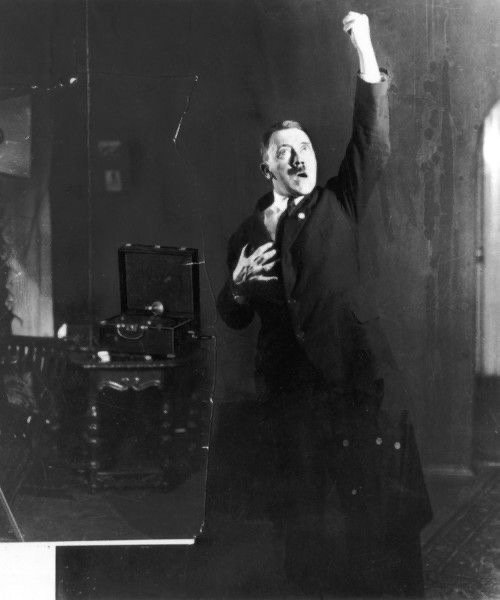Indeed, Adolf Hitler was cognizant of Albert Einstein’s prominence during the early 20th century. Einstein’s revolutionary work in physics, notably his theory of relativity, garnered widespread international attention and acclaim, elevating him to a figure of global renown beyond academic circles. However, their relationship was markedly defined by starkly contrasting perspectives and ideologies.
Hitler, as the leader of the Nazi regime, held vehemently anti-Semitic views, considering Einstein’s scientific contributions as part of what he disparagingly termed “Jewish physics.” Due to Einstein’s Jewish heritage and his vocal criticisms of the Nazi ideology, Hitler regarded him as an adversary, aligning him with those deemed antithetical to the principles of Nazism.
With Hitler’s ascent to power in 1933, Einstein, who resided in Berlin at the time, faced escalating persecution fueled by his Jewish background and outspoken opposition to the Nazi regime. Faced with this mounting hostility, Einstein made the difficult decision to flee Germany, seeking refuge in the United States. Hitler’s awareness of Einstein’s work and subsequent actions against him were emblematic of the hostile atmosphere cultivated by the Nazi regime. Einstein’s departure from Germany was both a personal necessity and a response to the escalating anti-Semitism and persecution rampant under Nazi rule.
It’s important to note that while Hitler might have been aware of Einstein’s scientific work, his comprehension of the underlying scientific concepts remains uncertain. Hitler’s views on science were often influenced by his ideological inclinations, often disregarding established scientific principles in favor of pseudoscientific ideas that aligned with Nazi propaganda.
In summary, Adolf Hitler was acquainted with Albert Einstein’s reputation and contributions to science. However, their interactions were shaped by divergent beliefs and the historical context of the time. Einstein’s enduring legacy in the realm of scientific exploration continues to be celebrated, serving as a testament to the power of intellectual curiosity and the pursuit of knowledge despite the adversities faced.
